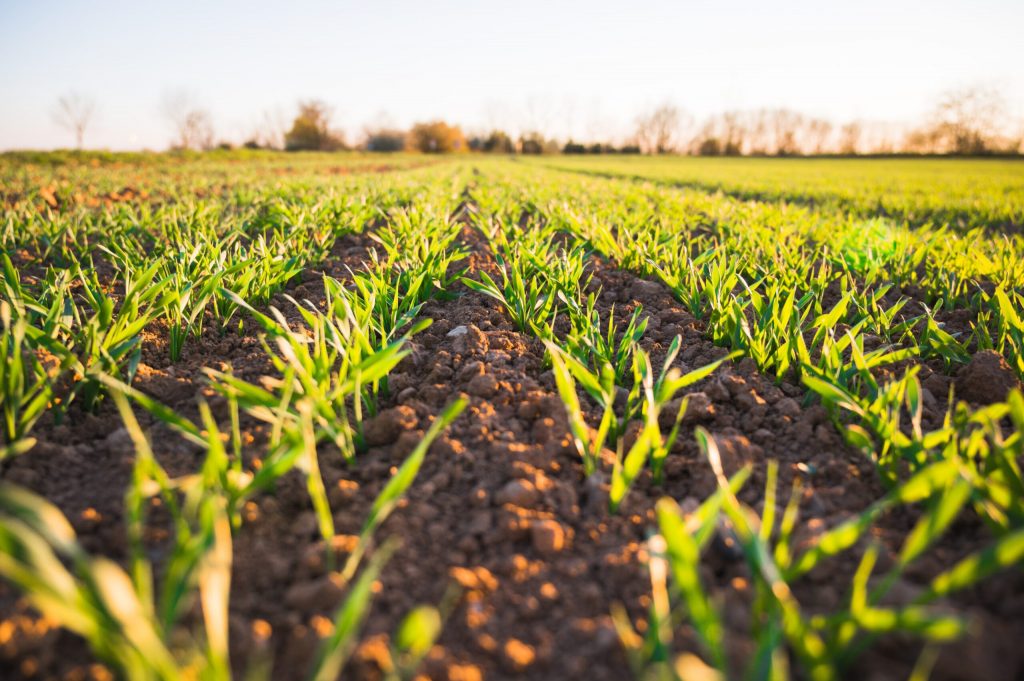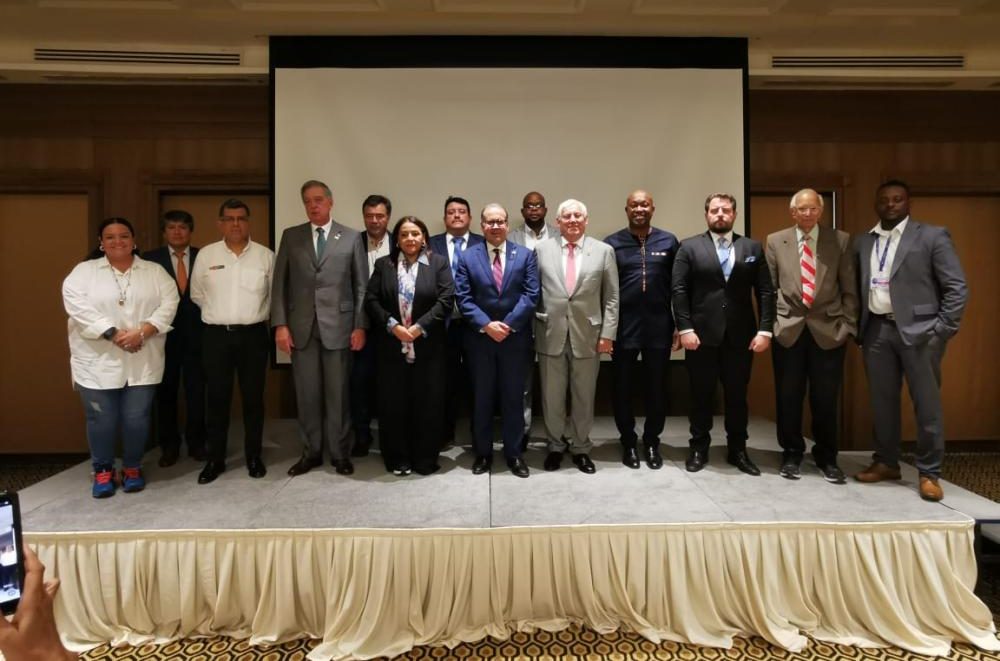The Voluntary Carbon Market Integrity Initiative (VCMI), the Inter-American Institute for Cooperation on Agriculture (IICA), and Climate Focus, are pleased to launch a comprehensive policy brief aimed to help policymakers in the Latin America and Caribbean region (LAC) understand how high integrity voluntary carbon markets can support climate action and resilience in the region’s food production systems.
According to research conducted through this partnership, the agricultural sector in Latin America and the Caribbean (LAC) boasts immense potential for attracting private investment for climate action and resilience through the voluntary carbon market, particularly in the areas of livestock, agroforestry, rice production and blue carbon. Carbon finance can be mobilised to accelerate the transformation of agricultural production systems into highly resilient, carbon-rich, productive, and diversified ecosystems.
The project will continue to contribute a number of policy papers, designed to spur dialogue and the exchange of ideas amongst agriculture sector leaders and policymakers in the Americas. It will inform future policy development and contribute towards the creation of an enabling environment for carbon finance investment, helping governments to effectively consider opportunities and risks when engaging with project developers and investors.
The policy brief was developed with the aim of promoting actions a that could increase the agricultural sector’s access to inclusive, transparent, and high integrity forms of climate finance. Last month in San Jose, Costa Rica, LAC agriculture ministers agreed through a joint declaration that such actions could include ‘private finance via mechanisms such as voluntary carbon markets, green funds, and guarantees, among others.’
Manuel Otero, Director General of IICA, stated, “International climate financing is key for the countries of Latin America and the Caribbean to move more firmly and quickly towards more resilient, efficient and sustainable agri-food systems. Effective voluntary carbon markets would allow farmers in the region to be recognized for their efforts to reduce emissions while better managing biodiversity, water and soil, a call that IICA has been making through initiatives such as Living Soils of the Americas, co-led with the renowned scientist Rattan Lal, World Food Prize 2020; and Water and Agriculture, launched in 2023. These programs, along with the need to develop capacity to better channel private sector finance towards agricultural climate action were endorsed by the Ministers of the hemisphere at the recent Inter-American Board of Agriculture.”
Mark Kenber, Executive Director of VCMI, commented, “The agricultural sector in LAC holds enormous untapped potential to attract private capital through VCMs, facilitating the transition to highly climate-resilient food and low carbon production systems. The success of VCM investment in LAC relies on the support of regional governments, with the strengthening of institutional capacity pivotal to create an enabling environment for high integrity carbon finance investment. At VCMI, our Access Strategy work focusses on supporting host countries and regions in their decisions on whether to engage with VCMs and how to do so in a way that maximises benefits for climate, local communities, and nature.”
Charlotte Streck, Founder of Climate Focus, emphasized that “the time has come for the agricultural sector to benefit from carbon finance. Compared to other sectors, carbon markets have failed agriculture in the past, mostly due to challenges around aggregation and monitoring. However, with the help of IICA Governments can develop and support larger scale transformational agricultural programs that combine mitigation and economic benefits while enhancing the resilience of agricultural production systems and livelihoods.”
IICA’s Institutional Communications Unit can be reached via comunicacion.institucional@iica.int



